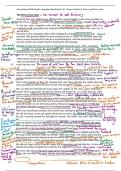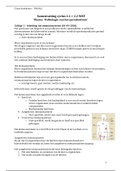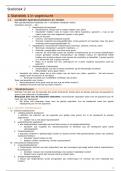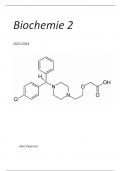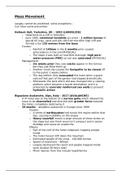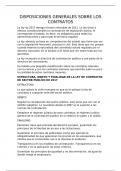Notes Policy Making
Policy Making session 1: Models of Decision-making
Decision making models:
Rational Actor model: actors operate with clear intention, preferences and interests to form a
calculated answer for a strategic problem which maximizes own preferences.
Organisational Process model: decision making based on routines, standard operating procedures
(SOP’s).
Governmental Politics model: decision based on negotiation and disputes between hierarchic
players with their own perceptions, motivations, sources of power and tactics.
Decision making is a matter of intentions, procedures and politics.
Key biases:
The Outcome Bias: judging the quality of the decision or behaviour by its result, while ignoring the
odds of success and other factors that might have contributed to success or failure.
The Survivorship Bias: selecting decisions that outperformed and establish conclusions based on
their attributes, thus overlooking the whole dataset.
Policy Making session 2: Agenda Setting
Policy Agenda: the list of subjects or problems which governmental officials are paying serious
attention to at any given time.
Agenda Setting: the process by which subjects and problems get on the agenda.
The Policy Making Cycle: agenda setting – alternative selection – implementation – evaluation
The effects of a problem are not the problem, the problem is the cause.
Models of Agenda Setting:
Streams Model: problem stream, political stream, policy stream. (John W. Kingdon) Agenda Setting
is prepared by three separate streams, becomes an agenda point when streams converge.
Barrier Model: values, procedures/institutions. (Peter Bachrach and Morton Baratz). Agenda setting
is a struggle between status-quo defenders and attackers.
Policy Making session 3: Cognition
Alternative selection:
- Rational Choice Model
- Goal determination, collect alternatives, calculate alternatives, choose goal maximizing alternative
Human cognition and alternative selection:
- Human cognition: how we think
- Cognitive style: being able to know based on evidence instead of letting the brain assume/overrule
- Decision style: the subjective process though which people process information, think and react
about problems and perceive things.
Policy Making session 1: Models of Decision-making
Decision making models:
Rational Actor model: actors operate with clear intention, preferences and interests to form a
calculated answer for a strategic problem which maximizes own preferences.
Organisational Process model: decision making based on routines, standard operating procedures
(SOP’s).
Governmental Politics model: decision based on negotiation and disputes between hierarchic
players with their own perceptions, motivations, sources of power and tactics.
Decision making is a matter of intentions, procedures and politics.
Key biases:
The Outcome Bias: judging the quality of the decision or behaviour by its result, while ignoring the
odds of success and other factors that might have contributed to success or failure.
The Survivorship Bias: selecting decisions that outperformed and establish conclusions based on
their attributes, thus overlooking the whole dataset.
Policy Making session 2: Agenda Setting
Policy Agenda: the list of subjects or problems which governmental officials are paying serious
attention to at any given time.
Agenda Setting: the process by which subjects and problems get on the agenda.
The Policy Making Cycle: agenda setting – alternative selection – implementation – evaluation
The effects of a problem are not the problem, the problem is the cause.
Models of Agenda Setting:
Streams Model: problem stream, political stream, policy stream. (John W. Kingdon) Agenda Setting
is prepared by three separate streams, becomes an agenda point when streams converge.
Barrier Model: values, procedures/institutions. (Peter Bachrach and Morton Baratz). Agenda setting
is a struggle between status-quo defenders and attackers.
Policy Making session 3: Cognition
Alternative selection:
- Rational Choice Model
- Goal determination, collect alternatives, calculate alternatives, choose goal maximizing alternative
Human cognition and alternative selection:
- Human cognition: how we think
- Cognitive style: being able to know based on evidence instead of letting the brain assume/overrule
- Decision style: the subjective process though which people process information, think and react
about problems and perceive things.




